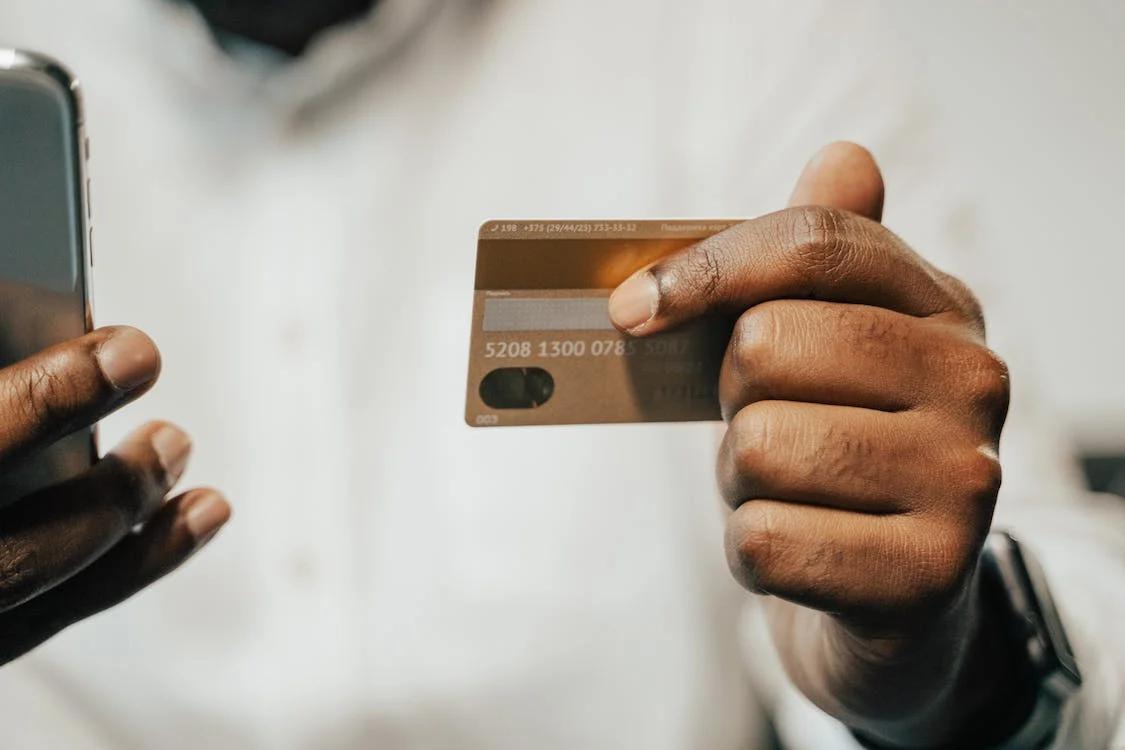Black-Owned Banks
Black-owned banks have a long and complex history in the United States, dating back to the Reconstruction era after the Civil War. These banks were established to serve African American communities that were often excluded from traditional banking services due to racial discrimination and economic inequality.
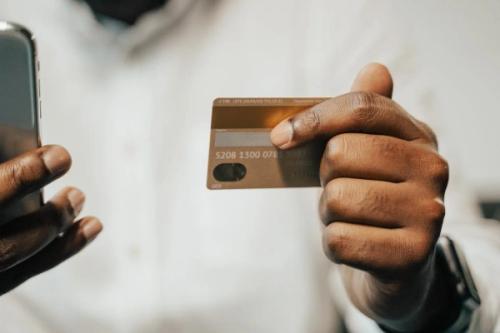
Today, Black-owned banks continue to play an important role in providing financial services and economic empowerment to communities of color. In this blog post, we explore the history and significance of Black-owned banks, their impact on the community, and why supporting these institutions is an important step towards promoting economic justice and equity.
Key Takeaways
- Black-owned banks are majority owned and led by Blacks
- Black-owned banks initially emerged in the 1800s to serve the African American community that were usually exempted from access to financial services
- Today, many Black-owned banks have achieved great success and continue to expand their services for the Black community
- Black-owned banks remain relevant for providing access and education to the African American community
Disclaimer
The contents of this article are for educational purposes only. They are not intended to be a source of professional financial advice. You will find experts on financial planning, financial management, and real estate here. More on disclaimers here.
History of Black-owned Banks
The history of Black-owned banks in the United States can be traced back to the late 1800s and early 1900s, a time when African Americans faced pervasive discrimination and segregation in many areas of society, including the banking industry.
Black Americans were often denied access to traditional banks, which made it difficult for them to save money, start businesses, and build wealth. In response, a number of Black entrepreneurs and community leaders began to establish their own banks, which were designed to serve the needs of African American communities.
One of the first Black-owned banks in the United States was the True Reformers Bank, which was founded in Richmond, Virginia in 1888 by a former slave named William Washington Browne. The bank quickly grew in popularity and success, and by 1900, it had over 50 branches across the country. Other early Black-owned banks include the Capital Savings Bank in Washington, D.C., founded in 1888, and the Solvent Savings Bank in Memphis, Tennessee, founded in 1906.
During the civil rights movement of the 1960s, Black-owned banks played an important role in supporting African American businesses and communities. They provided access to loans and other financial services that were often denied by traditional banks, and helped to build and support black-owned businesses in many areas of the country.
What makes a bank Black-owned?
A bank is considered Black-owned when it is majority-owned by African Americans or Black individuals. This means that more than 50% of the bank's shares are held by Black individuals or entities, such as families, trusts, or community organizations.
In addition to ownership, Black-owned banks may also have a specific focus on serving the financial needs of their communities, such as providing loans and other financial services to small businesses and individuals who might not have access to traditional banking services. Black-owned banks are often founded and operated with a specific mission to serve the financial needs of underserved communities of color, and to promote economic justice and equity. They may also have a strong commitment to promoting financial literacy and education, and to supporting local economic development initiatives.
In general, Black-owned banks play an important role in promoting economic justice and equity in the United States, and in providing critical financial services to underserved communities of color.
How many banks are owned by Black people?
Back in 2001, there were about 48 Black-owned banks. However, this number has changed over the years due to regulatory restrictions set in place that favor larger financial institutions and not so much smaller financial institutions. The number of Black-owned banks declined over the years due to mergers and acquisitions.
As of September 2022, there were approximately 20 Black-owned banks in the United States. These banks are primarily located in the South and Midwest regions of the country, although there are a few located on the East and West coasts as well. However, there has been a recent trend of new Black-owned banks being established in response to the growing demand for community-based financial services.
While these institutions face ongoing challenges and barriers, they remain a vital resource for communities of color, offering financial services, community development programs, and economic empowerment initiatives that are tailored to the specific needs of African American communities.
What is the largest Black owned bank?
The largest Black-owned bank in the United States is OneUnited Bank, which is headquartered in Boston, Massachusetts. The bank has assets of approximately $625 million and operates branches in Massachusetts, California, and Florida.
OneUnited Bank was established in 1968 as Unity Bank and Trust Company, and has since evolved to become a leading provider of financial services to underserved communities of color. The bank offers a wide range of services, including personal and business checking accounts, savings accounts, and loan products, and has a strong commitment to promoting economic justice and social equity in its communities.
Is Citizens National Bank Black-owned?
No, Citizens National Bank is not a Black-owned bank. The bank was founded in 1888 as Citizens Saving Bank in Meridian, Mississippi, and has since expanded to serve customers throughout Mississippi. The bank is privately held, with the majority of its shares owned by African American individuals and families. Citizens National Bank has a strong commitment to promoting economic development and financial literacy in its communities, and offers a range of financial services, including personal and business checking accounts, savings accounts, and loan products.
Significance of Black-owned Banks
The significance of Black-owned banks in the United States lies in their role as a catalyst for economic empowerment and social justice in communities of color. By providing financial services, loans, and investment opportunities to underserved populations, Black-owned banks help to build wealth and promote economic stability in African American communities.
Personalized Services
One of the key advantages of Black-owned banks is their ability to understand and respond to the unique needs of their customers. Many of these institutions offer personalized services that are tailored to the specific needs of African American communities, including small business loans, home mortgages, and community development initiatives.
Financial Literacy
Black-owned banks also play an important role in promoting financial literacy and education in communities of color. They often provide financial literacy programs and workshops to help customers understand basic financial concepts, build credit, and make informed financial decisions.
Economic Self-sufficiency
Another significant aspect of Black-owned banks is their ability to foster economic self-sufficiency and entrepreneurship in communities of color. By providing loans and investment opportunities to small businesses and entrepreneurs, these institutions help to create jobs, support local economies, and promote sustainable growth.
Public Symbol
Finally, Black-owned banks have a powerful symbolic significance in the struggle for economic justice and racial equality. These institutions are a testament to the resilience, determination, and ingenuity of African American communities, and serve as a powerful reminder of the ongoing struggle for civil rights and social justice in the United States.
Impact of Black-owned Banks
The impact of Black-owned banks on communities of color can be far-reaching and significant. By providing financial services, loans, and investment opportunities to underserved populations, Black-owned banks can help to build wealth and promote economic stability in African American communities.
Access
One of the most important ways that Black-owned banks impact communities is by providing access to capital and financial services to people who might otherwise be excluded from the traditional banking system. Many of these banks are located in underserved neighborhoods and provide loans and other financial services to individuals and small businesses that might not meet the strict lending criteria of larger banks.
Financial Education
Black-owned banks also play an important role in promoting financial literacy and education in communities of color. They often offer financial education programs and workshops to help customers understand basic financial concepts, build credit, and make informed financial decisions.
Economic Initiatives
Another way that Black-owned banks impact communities is by supporting local economic development initiatives. They often provide loans and investment opportunities to small businesses and entrepreneurs, helping to create jobs, support local economies, and promote sustainable growth.
Equity and Justice
Black-owned banks have also been important advocates for social justice and equality in their communities. Many of these institutions have a strong commitment to social justice and use their resources to support initiatives that promote economic and social equality.
Black-owned banks and credit unions
Black-owned banks and credit unions are financial institutions that are owned and operated by African Americans or Black individuals. While both types of institutions serve similar functions, there are some key differences between them.
Black-owned banks
Black-owned banks are banks that are owned and operated by Black individuals or entities. These banks offer a range of financial services, including checking and savings accounts, loans, and other financial products.
Black-owned banks often have a specific mission to serve the financial needs of underserved communities of color, and may focus on providing loans and financial services to small businesses and individuals who might not have access to traditional banking services. They may also have a strong commitment to promoting financial literacy and education, and to supporting local economic development initiatives.
Credit unions
Credit unions, on the other hand, are non-profit financial institutions that are owned and operated by their members. Credit unions offer many of the same financial services as banks, including checking and savings accounts, loans, and other financial products.
However, credit unions operate on a cooperative model, where members are also owners of the institution and have a say in its governance. Credit unions may also have a focus on serving specific communities or groups, such as employees of a particular company or members of a specific organization.
Both Black-owned banks and credit unions play an important role in promoting economic justice and equity in the United States, and in providing critical financial services to underserved communities of color.
The State of Black-owned banks and credit unions
Community development is an important issue across the investment community. As more Black-owned banks and credit unions are recognized, the hope is that they will also be given opportunities to compete with a more inclusive investment management community.
As of August 2022, there are approximately 32 Black-owned banks and Black-led credit unions in the United States. While the number of Black-owned banks has declined over the years due to mergers and acquisitions, there has been a recent trend of new Black-owned banks being established in response to the growing demand for community-based financial services. Similarly, Black-led credit unions have also been growing in number, with a focus on serving the financial needs of underserved communities of color.
Importance of Black-owned banks and credit unions in investment management
The problem with traditional due diligence is that the risk assessment framework is designed in a way that is to the disadvantage of the Black-owned banks and credit unions. This is because Black-owned banks and credit unions in the investment management space are typically newer and smaller than other asset managers. A sad fact is the US has perpetuated a system "in which white male asset managers control 98.7% of the investment industry's $69 trillion in assets under management."
This is clearly an inappropriate problem that is affecting Black-owned banks and credit unions and will continue to lead to problems moving forward if the root cause is not addressed.
As nice as awards and recognitions are, the most important thing that can be done for Black-owned banks and credit unions is for them to be included in a wider range of opportunity sets that allow them to participate at a more appropriate level. This additional representation in the banking community will lead to better outcomes for all parties when Black-owned banks and credit unions are able to bring their diverse teams and skill sets to the table.
Bay Street Capital Holdings: Black-owned finance firm in asset management
Bay Street Capital Holdings is a Black-owned finance firm that specializes in asset management and is a signatory for the United Nations Principles of Responsible Investing. With a strong focus on promoting financial literacy and building income and BIPOC communities, Bay Street invests with high conviction and a historical lens in organizations they believe will outperform. In addition to being one of the few Black-owned investment banks in the country, Bay Street also offers a range of financial services.
Founder William Huston brings over 13 years of experience supporting the United States' largest retirement plan, and has been recognized as Investopedia’s Top 100 Financial Advisors for 2021. The firm's commitment to advocating for diverse and emerging fund managers and entrepreneurs has earned them recognition as a finalist in the category of Asset Manager for Corporate Social Responsibility (CSR) out of over 900 firms across the US in 2021.
Leading Black-owned banks
Below are some the leading Black-owned banks in the US:
1. OneUnited Bank
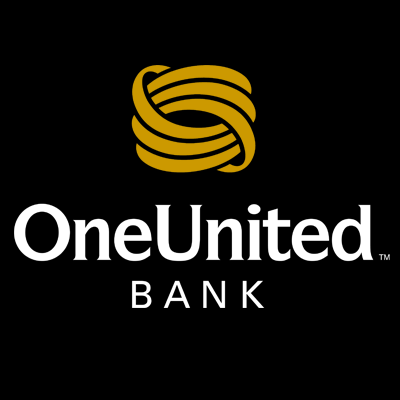
OneUnited Bank is a Black-owned bank that has been serving communities across the United States since 1968. Founded by Kevin Cohee and Teri Williams, OneUnited Bank has a mission to empower underserved communities through financial education and access to capital.
OneUnited Bank is the first internet bank that's Black-owned and the largest Black-owned bank in the US and it's also FDIC insured. Their online services are available in all 50 states in the US as well as in-person branches in Florida, California and Massachusetts.
The bank is a full-service bank and among the services offered by the bank include online banking, mobile banking, checking, savings account, secured credit cards for rebuilding credit etc. In addition to its banking services, OneUnited Bank is committed to promoting economic development and social justice, with a range of community programs and initiatives aimed at supporting underrepresented communities.
2. Liberty Bank
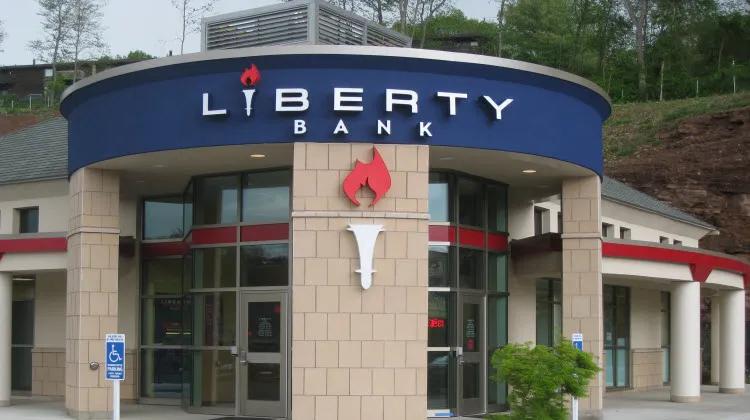
Liberty bank is the oldest mutual savings bank, the 3rd largest bank in Connecticut, and it's among the biggest Black-owned banks in the US. The bank’s headquarters is in Middletown, Connecticut and throughout the state, they have 62 banking offices. Their total assets are worth about $7 billion.
Liberty Bank has been serving communities in the United States for over 40 years. Founded in 1972, Liberty Bank has a long history of providing financial services to underrepresented communities, with a focus on affordable housing and small business lending. Among the services that they provide include checking, savings account, commercial banking, home mortgages, insurance and investment services.
In addition to its banking services, Liberty Bank is also committed to community development and social responsibility, with a range of programs and initiatives aimed at supporting economic growth and financial literacy in the communities it serves.
3. Carver Federal Savings Bank
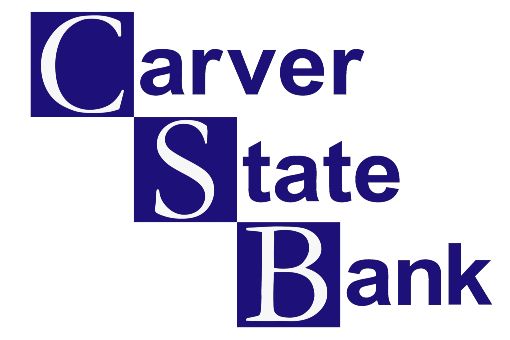
Carver Federal Savings Bank is a Black-owned bank that was established in 1948 to serve African-American communities that had limited access to financial services. Today, the bank is among the biggest Black-owned banks that operate in the US. It has its headquarters in Harlem, New York.
Carver Bank has been designated by the U.S. Treasury Department as a Community Development Financial Institutions (CDFI) because of the bank's efforts and dedication when it comes to its community-focused banking services especially within the neighborhoods that are underserved. Among the services offered by the bank include mobile banking, savings account, online banking etc.
4. Industrial Bank
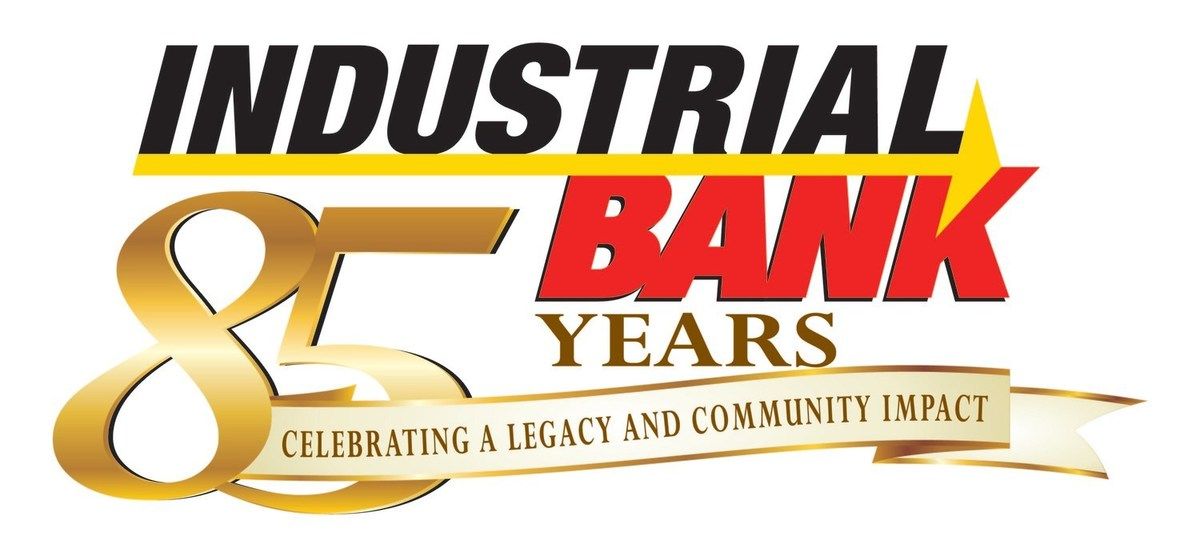
Industrial Bank is the oldest Black-owned commercial bank in the Mid-Atlantic region that has been serving the communities of Washington, DC since 1934. Founded by Jesse H. Mitchell, Industrial Bank played a critical role in providing financial services to African Americans during a time of discrimination with assets totaling more than $550 million.
The bank aims at supporting the communities where they operate, as well as provide financial education to their customers in order to guide them on how to achieve their financial goals and create generational wealth. Some of the services offered by the bank include savings account and investments, checking etc.
Industrial Bank is committed to promoting economic development and financial empowerment, and has a strong track record of supporting local businesses and individuals. The bank also invests in the community by offering a variety of programs, including financial literacy education and scholarships.
5. Broadway Federal Bank (City First Bank)
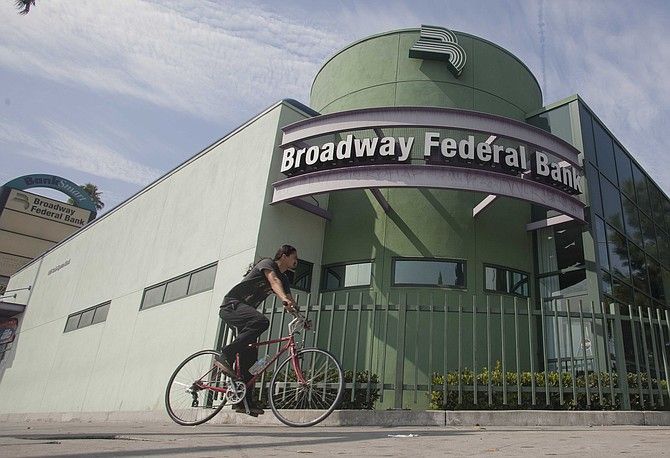
Broadway Federal Bank is a community-based bank that was established in 1946 and is based in Los Angeles. Founded by a group of African American businessmen, Broadway Federal Bank has a long history of providing financial services to underrepresented communities, with a focus on promoting economic empowerment and community development.
Broadway Federal Bank is a community-focused institution that offers a range of banking services, including personal and business banking, loans, and online banking. Broadway Federal Bank is committed to serving the needs of its clients, and has a strong track record of supporting local businesses and individuals.
On April 1st 2021, City First Bank merged with Broadway Federal Bank to become the largest Black-led Minority Depository Institution (MDI) in the US. The bank has over $1B total in assets and over $700M in total deposits. It is the aim of the bank to use finance as a force for good. Among the services offered by the bank include checking, savings, electronic banking etc.
6. Citizens Trust Bank
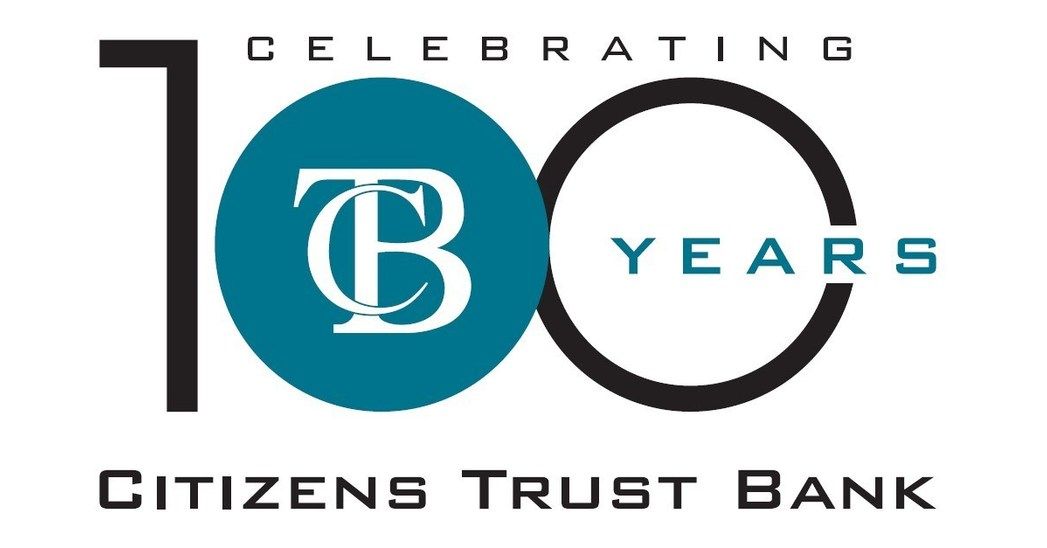
Citizens Trust Bank is a Black-owned bank that has been serving the communities of Atlanta and Columbus, Georgia since 1921. Founded by business leader Heman Perry, Sr., Citizens Trust Bank is among the biggest Black-owned banks in the US. It has assets that total to $410 million. The bank has been operational for 100 years and among the services that they offer include checking, savings account, online and mobile banking etc.
Citizens Trust Bank is committed to promoting economic development and financial empowerment, and has a strong track record of supporting local businesses and individuals. With a dedication to social responsibility and community involvement, Citizens Trust Bank is a powerful force for positive change in the Atlanta and Columbus areas.
7. The Harbor Bank of Maryland
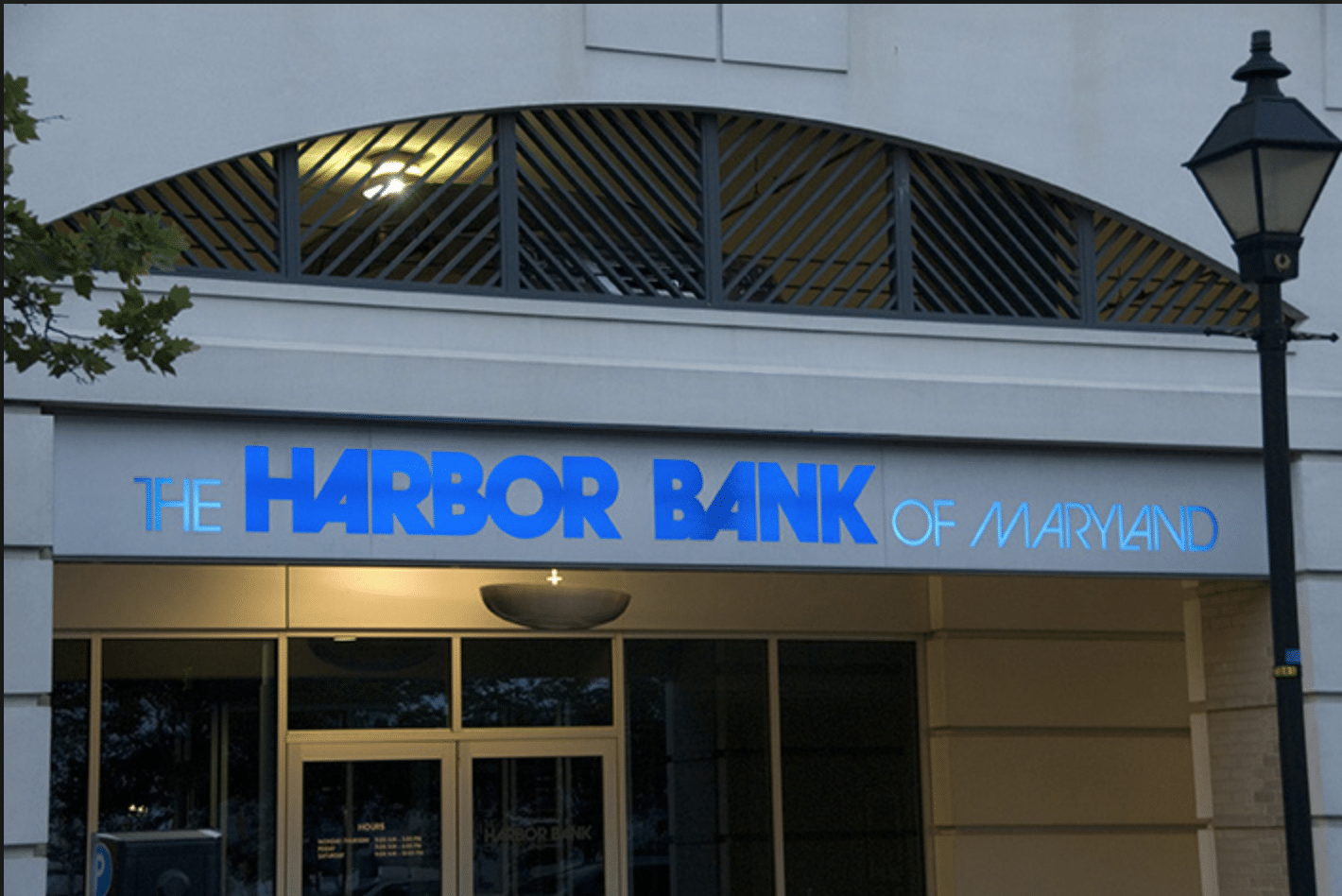
Founded by Joseph Haskins Jr. and Calvin Harrell, the Harbor Bank of Maryland was established in 1982 and was the first minority-owned, full-service bank in Baltimore. Total assets of the bank as of December 2020 was worth $321 million. The bank has seven operational locations. Primarily, it serves the Baltimore, Maryland Metropolitan area. As a CDFI, the bank has managed to initiate more than $1.5 billion dollars of new development in the Baltimore area.
The Harbor Bank of Maryland has a mission to provide accessible financial services and promote economic development in underserved communities. Today, the bank offers a range of banking services, including personal and business banking, loans, online banking, checking, savings, credit cards etc.
The bank is also committed to social responsibility and community involvement, with a range of programs aimed at supporting local businesses and individuals. These programs include financial literacy education, affordable housing initiatives, and scholarships for students. With a strong focus on personalized service and community involvement, The Harbor Bank of Maryland is a trusted financial partner for individuals and businesses across Maryland.
8. Mechanics & Farmers Bank
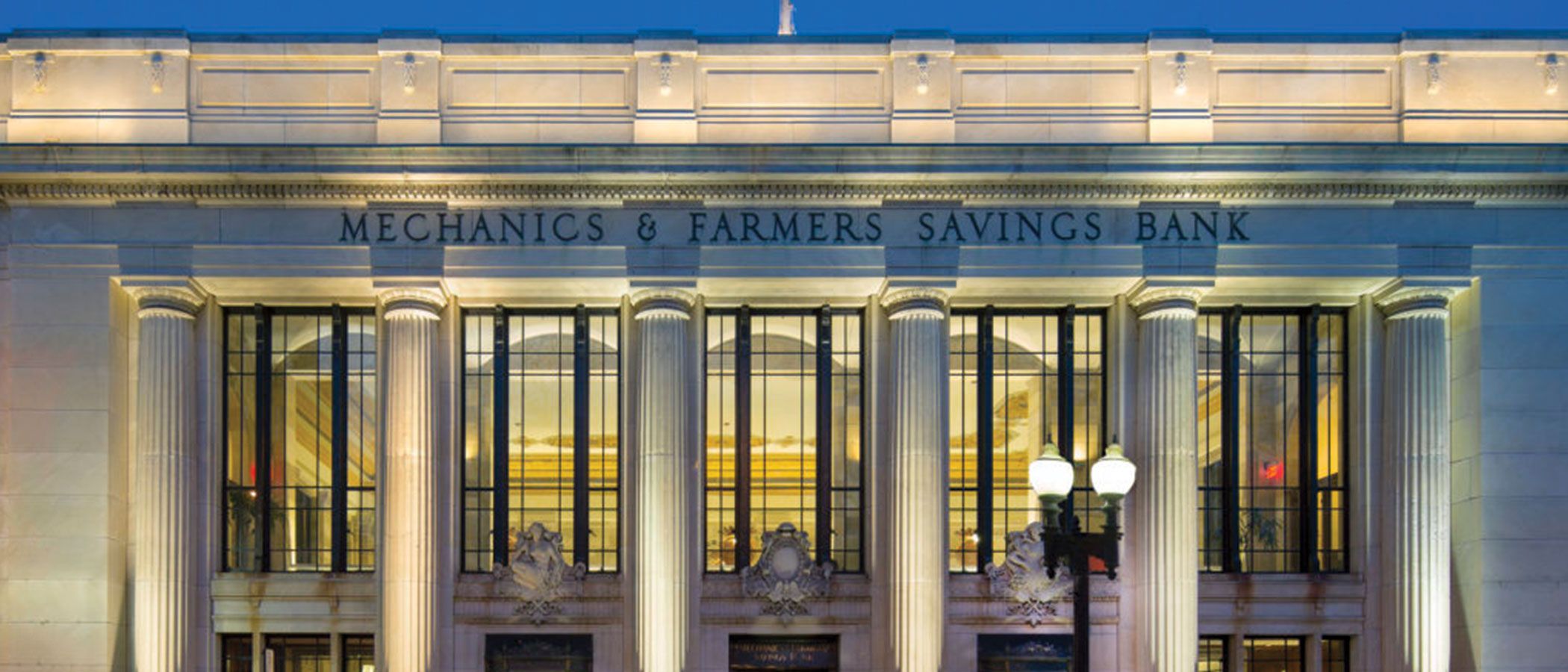
Mechanics & Farmers Bank (also known as M&F Bank) was established in 1907 with a commitment to serving their community in order to enhance development for the individuals and the community at large.
Founded by a group of nine prominent businessmen led by John Merrick, today, M&F Bank played a critical role in providing financial services to African Americans, the bank's assets total to about $257 million and they currently have operating branches in Winston-Salem, Durham, Raleigh, Greensboro, and Charlotte.
Today, M&F Bank offers a range of banking services, including personal and business banking, loans, and online banking. The bank is known for its commitment to social responsibility and community involvement, with a range of programs aimed at supporting local businesses and individuals.
M&F Bank is also a member of the National Bankers Association and the Federal Home Loan Bank of Atlanta, ensuring that the bank has access to the resources it needs to support its clients and promote economic development in North Carolina.
9. Unity National Bank
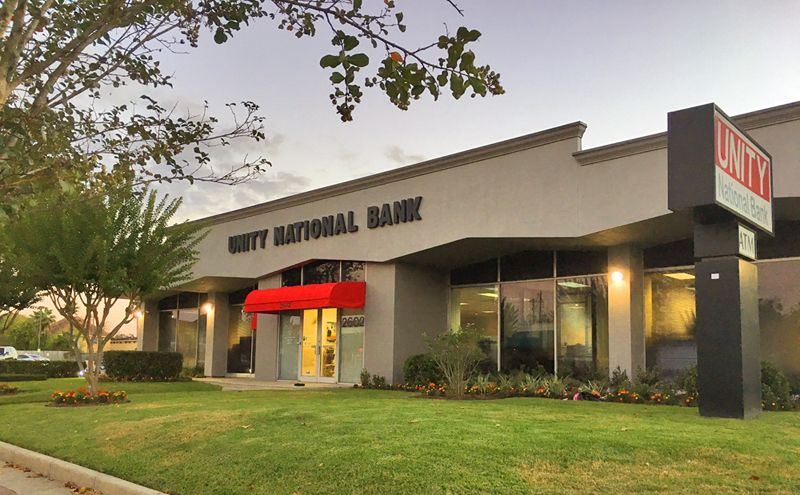
Unity National Bank was established in 1963 and chartered in 1985. Unity National Bank has been serving the communities of Texas since 1963. Founded by a group of local businessmen led by Dr. Joseph J. Long, Unity National Bank is, currently, the only Black-owned bank in Texas.
Unity National Bank aims at making a difference within the community in which it operates. Some of the services offered by the bank include online banking, mobile banking, checking and savings accounts etc. Among the efforts put in place by the institution include offering financial support towards activities with agencies such as YMCA, YWCA, NAACP, United Negro College Fund, SHAPE Community Center, Boy Scouts of America, Third Ward Redevelopment Council among many others.
Unity National Bank has received numerous awards and recognitions for its commitment to its communities, including the prestigious Bank Enterprise Award from the Community Development Financial Institutions Fund of the U.S. Department of Treasury. With a strong reputation for quality and reliability, Unity National Bank is a trusted financial partner for individuals and businesses across Texas.
Support Black-owned banks
Supporting Black-owned banks is an important step towards promoting economic justice and equity in the United States. Here are some ways that individuals and communities can support these institutions:
Open an Account
One of the simplest ways to support Black-owned banks is to open an account with them. By doing so, you can help to increase their deposits and capital base, which can enable them to provide more loans and financial services to underserved communities.
Move Your Money
Consider moving some of your deposits from larger banks to Black-owned banks. This can help to increase their lending capacity and strengthen their ability to support local economic development initiatives.
Spread the Word
Share information about Black-owned banks with your family, friends, and community. This can help to raise awareness about these institutions and encourage others to support them.
Support Black-owned Businesses
By supporting Black-owned businesses, you are helping to create jobs and economic opportunities in communities of color. This, in turn, can help to strengthen the customer base of Black-owned banks.
Advocate for Policy Change
Support policies that promote economic justice and equity, such as increased access to affordable housing, education, and healthcare. These policies can help to reduce economic inequality and support the growth of Black-owned banks and other community-based institutions.
In conclusion, supporting Black-owned banks is an important step towards promoting economic justice and equity in the United States. By doing so, we can help to build wealth, create jobs, and support sustainable economic growth in communities of color.
Bay Street Capital Holdings
Bay Street Capital Holdings is an asset management firm offering a range of financial services including personal loans, credit cards, and credit union services. Founder William Huston has been recognized as Investopedia’s Top 100 Financial Advisors for 2021, and the firm has been selected from over 900 firms across the US as a finalist for Corporate Social Responsibility in the Asset Management Category.
Sources
https://www.blackpast.org/african-american-history/true-reformers-bank-1888-1910/
https://www.wknofm.org/news-and-features/2013-10-31/solvent-savings-bank-and-trust-company
https://www.bankrate.com/banking/how-to-support-black-owned-banks/#what-is
https://yourcnb.com/our-story/history/
[https://www.businessinsider.com/personal-finance/black-owned-banks-credit-unions?r=US&IR=T] (https://www.businessinsider.com/personal-finance/black-owned-banks-credit-unions?r=US&IR=T)
[https://www.oneunited.com/] (https://www.oneunited.com/)
[https://www.liberty-bank.com/] (https://www.liberty-bank.com/)
[https://www.carverbank.com/] (https://www.carverbank.com/)
[https://www.industrial-bank.com/] (https://www.industrial-bank.com/)
[https://www.cityfirstbank.com/] (https://www.cityfirstbank.com/)
[https://www.ctbconnect.com/] (https://www.ctbconnect.com/)
[https://www.theharborbank.com/] (https://www.theharborbank.com/)
[https://www.mfbonline.com/] (https://www.mfbonline.com/)
[https://www.firstindependence.com/] (https://www.firstindependence.com/)
[https://www.unitybanktexas.com/] (https://www.unitybanktexas.com/)


